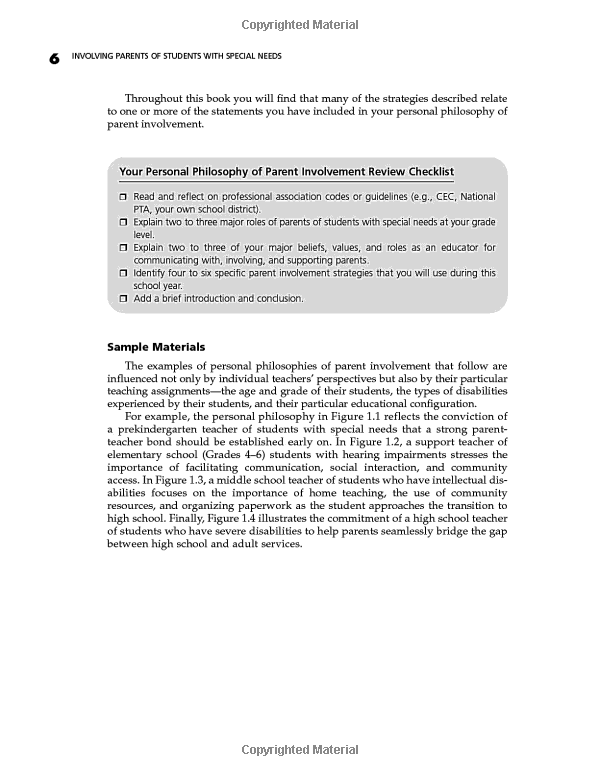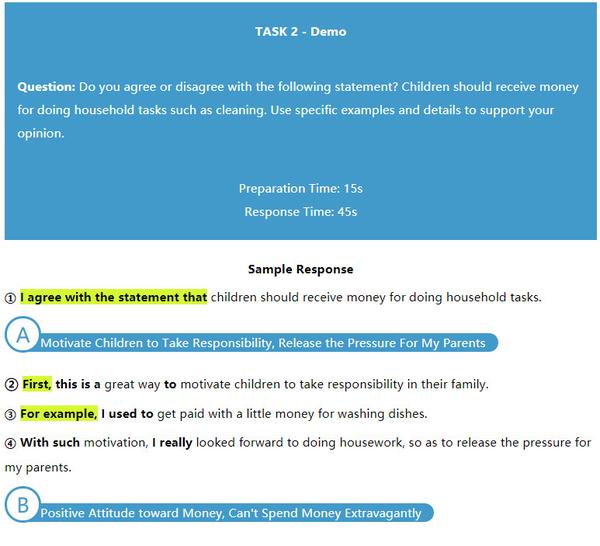Understanding How Student Loans Pay After Graduation: A Comprehensive Guide
#### Student Loans Pay After GraduationNavigating the world of student loans can be daunting, especially when it comes to understanding how and when you wil……
#### Student Loans Pay After Graduation
Navigating the world of student loans can be daunting, especially when it comes to understanding how and when you will need to start paying them back after graduation. This guide aims to demystify the process and provide you with essential information on managing your student loans effectively.
#### What Are Student Loans?
Student loans are financial aids that help students pay for their education. They can cover tuition, room and board, books, and other school-related expenses. These loans are typically offered by the government or private lenders and come with varying interest rates and repayment terms.
#### Types of Student Loans
There are two main types of student loans: federal and private. Federal student loans usually offer lower interest rates and more flexible repayment options. On the other hand, private loans may have higher interest rates and less favorable repayment terms. Understanding the differences between these types of loans is crucial for making informed decisions about your education financing.
#### When Do You Start Paying Back Student Loans?
One of the most common questions students have is, "When do I start paying back my student loans?" Generally, you are required to start repaying your federal student loans six months after you graduate, leave school, or drop below half-time enrollment. This grace period gives you time to find a job and stabilize your finances before the repayment begins.

#### Repayment Plans
Once your grace period ends, you will need to select a repayment plan. Federal student loans offer several options, including:
1. **Standard Repayment Plan**: Fixed monthly payments over ten years.
2. **Graduated Repayment Plan**: Payments start lower and gradually increase over time.
3. **Extended Repayment Plan**: Allows for a longer repayment period, up to 25 years.
4. **Income-Driven Repayment Plans**: Payments are based on your income and family size, making them more manageable for graduates with lower earnings.

Choosing the right repayment plan is essential for ensuring you can meet your financial obligations without undue stress.
#### Loan Forgiveness Programs
For some graduates, loan forgiveness programs may be available. These programs can eliminate a portion of your student loan debt after a certain number of qualifying payments or years of service in specific fields, such as public service or teaching. Familiarizing yourself with these options can significantly reduce your financial burden.
#### Tips for Managing Student Loans After Graduation
1. **Stay Informed**: Keep track of your loan servicer and stay updated on your loan status and repayment options.
2. **Create a Budget**: Develop a budget that includes your monthly loan payments, allowing you to manage your finances effectively.

3. **Consider Refinancing**: If you have private loans, consider refinancing to potentially lower your interest rates.
4. **Make Extra Payments**: If possible, make extra payments on your loans to reduce the principal balance and interest over time.
#### Conclusion
Understanding how student loans pay after graduation is crucial for financial planning and stability. By knowing when to start repayments, exploring different repayment options, and taking advantage of loan forgiveness programs, you can navigate your financial obligations with confidence. Remember that managing your student loans effectively can lead to a brighter financial future post-graduation.